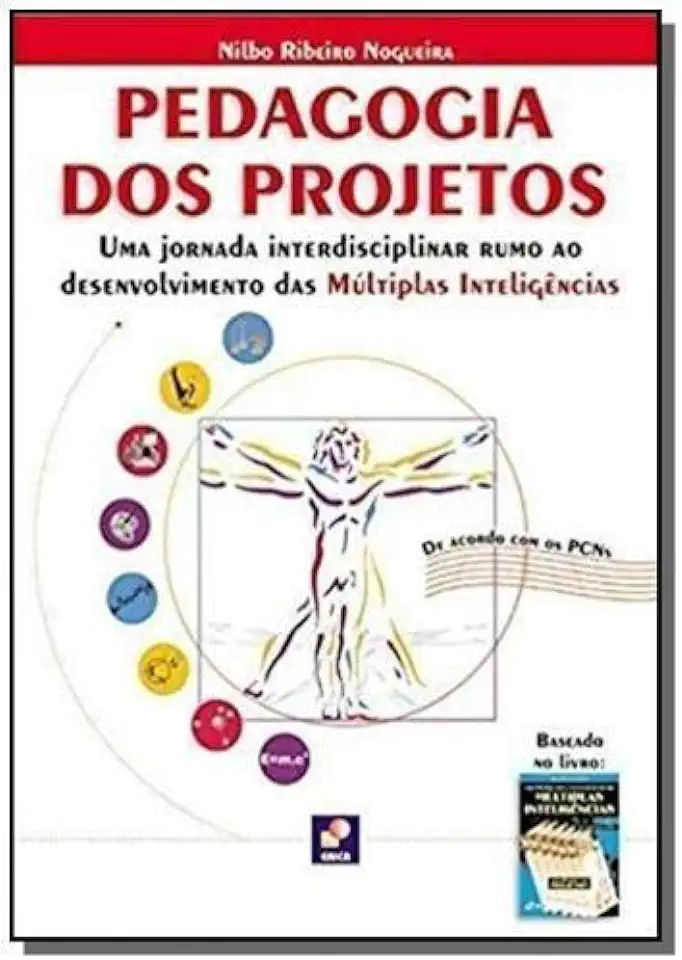
Metamorphoses of Citizenship - Aloísio Ruscheinsky
Metamorphoses of Citizenship: Rethinking Democracy in the 21st Century
In his groundbreaking book, "Metamorphoses of Citizenship: Rethinking Democracy in the 21st Century," Aloísio Ruscheinsky presents a compelling and thought-provoking analysis of the changing nature of citizenship in the modern world. Drawing on a wealth of historical and contemporary examples, Ruscheinsky argues that citizenship is not a static concept, but rather a dynamic and evolving phenomenon that has undergone profound transformations over time.
The Changing Face of Citizenship
Ruscheinsky begins by tracing the historical development of citizenship from its ancient origins in Greece and Rome to its modern incarnation as a universal right. He shows how citizenship has been shaped by social, political, and economic forces, and how it has been used as a tool to include and exclude individuals from the political community.
In the 21st century, Ruscheinsky argues, citizenship is undergoing a new set of transformations. These transformations are driven by a number of factors, including globalization, the rise of digital technologies, and the increasing interconnectedness of the world. As a result of these changes, traditional notions of citizenship are being challenged, and new forms of citizenship are emerging.
The Challenges of Citizenship in the 21st Century
Ruscheinsky identifies a number of challenges that citizenship faces in the 21st century. These challenges include:
- The rise of inequality: The growing gap between the rich and the poor is undermining the social solidarity that is essential for citizenship.
- The decline of the nation-state: The increasing power of global corporations and international organizations is eroding the authority of the nation-state, which has traditionally been the primary guarantor of citizenship rights.
- The rise of identity politics: The increasing salience of identity-based politics is fragmenting societies and making it difficult to build a common sense of citizenship.
- The impact of digital technologies: Digital technologies are creating new opportunities for participation and engagement, but they also pose new threats to privacy and security.
Rethinking Democracy in the 21st Century
In light of these challenges, Ruscheinsky argues that we need to rethink democracy in the 21st century. He proposes a number of reforms that would strengthen citizenship and make democracy more inclusive and participatory. These reforms include:
- Expanding access to citizenship: We need to make it easier for people to become citizens, regardless of their race, ethnicity, gender, or socioeconomic status.
- Strengthening the social safety net: We need to ensure that all citizens have access to basic necessities, such as healthcare, education, and housing.
- Promoting civic education: We need to educate citizens about their rights and responsibilities, and encourage them to participate in the political process.
- Reforming the electoral system: We need to make the electoral system more fair and representative, so that all voices are heard.
- Embracing digital technologies: We need to harness the power of digital technologies to enhance citizen participation and engagement.
By implementing these reforms, Ruscheinsky argues, we can strengthen citizenship and make democracy more responsive to the needs of the people.
Conclusion
"Metamorphoses of Citizenship" is a must-read for anyone interested in the future of democracy. Ruscheinsky's analysis of the changing nature of citizenship is both insightful and provocative, and his proposals for reform are well-reasoned and persuasive. This book is essential reading for anyone who wants to understand the challenges facing democracy in the 21st century and how we can overcome them.